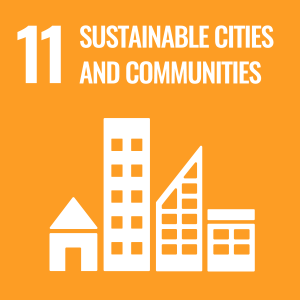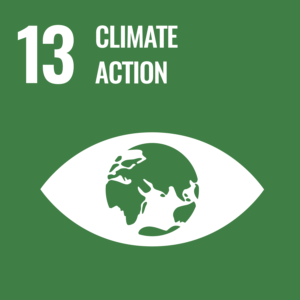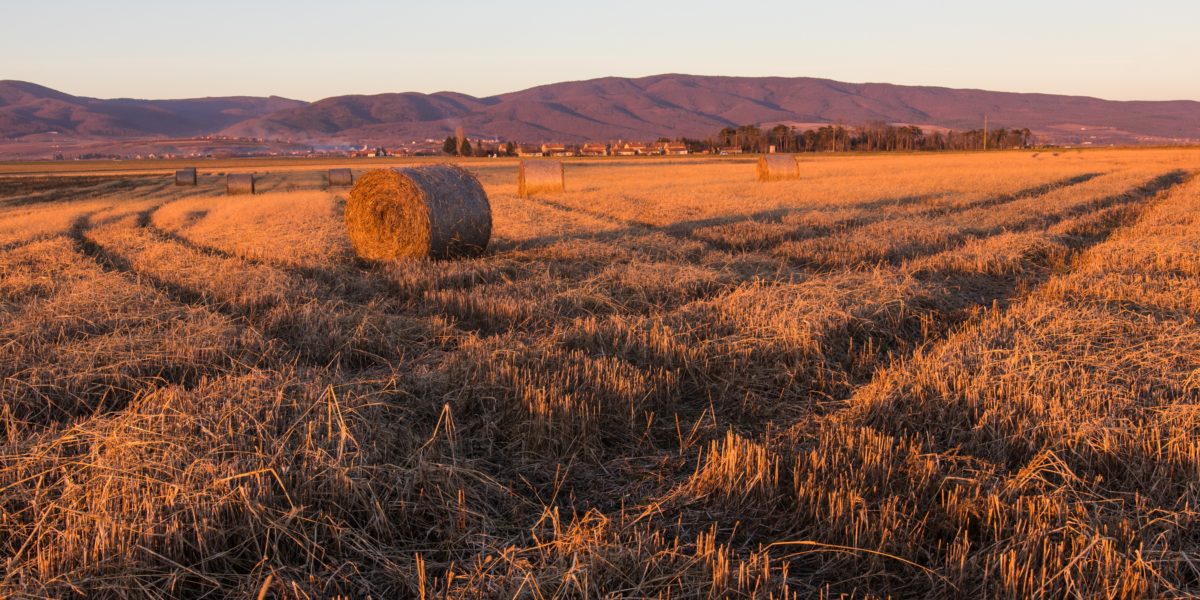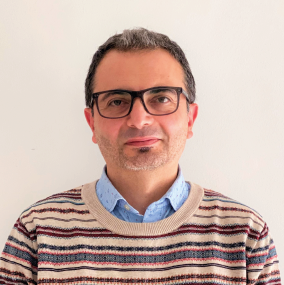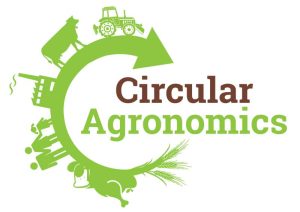
Efficient Carbon, Nitrogen and Phosphorus cycling in the European Agri-food System and related up- and down-stream processes to mitigate emissions
One of the main needs to continue growing products is for the soil to be fertile and healthy. To achieve this, it is essential that it is maintained with established levels of carbon, nitrogen, phosphorus and potassium. If you do not do so and have a land with less than adequate amounts, you would arrive at a situation of nutritional inefficiency that would cause a lack of organic carbon in the land, generating, in addition, a lack of nutrients in water and air. The Circular Agronomics project was born to find a solution to the problem and reduce Greenhouse Gas (GHG) emissions, in order to improve the sustainability of agricultural systems.
Mainly, the project was born with the aim of facilitating a development toward smart, sustainable, resilient and inclusive economies, which are part of circular and waste-free societies. To achieve this, Circular Agronomics works with four ambitions:
- Increase knowledge of carbon, nitrogen and phosphorus variations and the potential to reduce environmental impacts.
- Close the cycles of agriculture, from livestock to farmland.
- Highlight the actions of different systems and increase the sustainability of food production in the European Union.
- Contribute to the improvement of European Agricultural Policies by providing evidence-based, farmer-led and consumer-relevant recommendations.
To carry out the project and address the different phases, Circular Agronomics has been divided into 7 work packages during which the flows, stocks and emissions of nitrogen and phosphorus in agricultural, livestock and food processing environments have been evaluated, both regionally and territorially, to represent different typical scenarios of the sector in the European Union in six study areas: Catalonia (Spain), Brandemburgo (Germany), Lungau (Austria), Emilia-Romagna (Italy), Gelderland (Netherlands) and South Moravia (Czech Republic).
The proven solutions focus on new organic amendments, improving crop, pasture and livestock management, to optimize the nutrient cycle and minimize GHG emissions, assess recovered nutrients and carbon.
In order to carry out its studies, the Circular Agronomics project has received funding from the European Union’s Horizon 2020 research and innovation support program under grant agreement no. 773649. In addition, the project is part of the European cluster Biorefine, which contributes to the management of resources in a more sustainable way.
The partners who have participated in the realization of the project are:
| COUNTRY | ORGANIZATION | TYPE OF ENTITY |
| Spain | Institute of Agrifood Research and Technology – IRTA | Public Organization |
| Spain | Water Purification and Engineering – EMA | Company |
| Spain | Porcs Biogas plant – PORGA | Company |
| Spain | Center for Agrifood Economics and Development – CREDA | University |
| Germany | Berlin Water Competence Centre – KWB | Research Center |
| Germany | Institute for Agricultural and Urban Ecological Projects of the Humboldt University of Berlin – IASP | University |
| Germany | Technical University of Munich – TUM | University |
| Germany | Pondus Verfahrenstechnik GmbH | Company |
| Italy | Research Studies Foundation– CRPA | Research Center |
| Italy | SOGESCA Sustainable Development | Company |
| Netherlands | Wageningen University and Research | University |
| Netherlands | Soepenberg Fertilizers – SOEPENBERG | Company |
| Belgium | Nutrient Recovery Systems – NURESYS | Company |
| Belgium | Rural Investment Foundation for a Sustainable Europe – RISE FOUNDATION | Foundation |
| Czech Republic | ASIO TECH | Company |
| Switzerland | Federal Department of Economic Affairs, Education and Research – EAER | Public Organization |
| Austria | Federal Higher Institute of Education and Research for Agriculture in Raumberg-Gumpenstein – HBLFA | Institute |
| Ireland | Agricultural and Food Development Authority – TEAGASC | Public Organization |
| Kenya | East African Farmers’ Federation – EAFF | Public Organization |
Duration: September 1, 2018 – February 28, 2023
Project website: https://www.circularagronomics.eu/
Link to CORDIS: https://cordis.europa.eu/project/id/773649
The Circular Agronomics project has received funding from the European Commission’s Horizon 2020 grant agreement number 773649.

The role of CREDA
In this project, CREDA participates in the analysis of the determining factors and against the adoption by farmers of the different sustainable management systems proposed by Circular Agronomics.
In addition, it is also responsible for analyzing the willingness to pay (DAP) of consumers for food produced in a sustainable way, specifically those produced from the technologies and production systems suggested in the project. In Catalonia, a specific analysis is included on the impact of sustainability promotion policies (e.g. a CO₂ emissions tax) on consumer behavior.
The Circular Agronomics project responds to the following Sustainable Development Goals:
